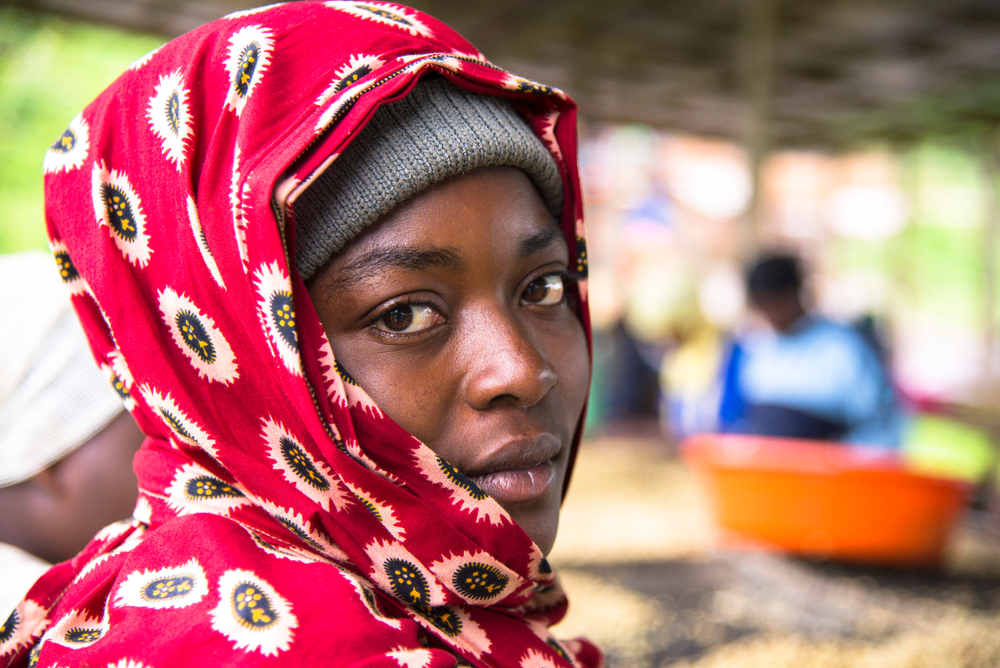No one gets to choose their genders beforehand, but we’re born nevertheless. Genders do come with their complications.
In most cultures in Ghana, there’s the initiation of the girl child into womanhood, and the popular advice “do not let any man touch you,” and that’s about it.
Menstrual health and hygiene interventions can help overcome these obstacles. Not only do they fulfill the unmet demand for menstrual hygiene products, but they also protect the dignity of these young women and build confidence and strengthen sexual and reproductive health, particularly among adolescents.
Moving away from the usage of washable cloths are sanitary pads and tampons. Though affordable, some teens in some parts of Ghana can still not afford them.
“When I started my menstruation, I had no knowledge about it and my mum gave me rugs to use. Which were uncomfortable, I had to assume that sanitary pads were used for this purpose and got some with my feeding fee,” Hajar Diko Osman told TheHub.news.
Osman then founded the Young Women Leaders Network. This organization seeks to educate, empower and support young girls and women from rural and urban under-developed communities in Ghana through menstrual health education and personal development.
YWLN started a menstrual hygiene management education program with junior high school girls to educate them on menstruation and menstrual hygiene. The students are also gifted a sanitary pad.
Research from the YWLN indicated that most young girls from rural communities who could not afford sanitary pads would be absent from school during their time of the month.
YWLN devised a way of helping these girls who did not have to buy a pad every month since it is costly and they had no means of affording it. And that was the birth of the reusable pads project.
On “Days For Girls International,” YWLM taught the students how to make their own pads by providing them with the materials— cotton cloth to absorb the blood. These pads are eco-friendly and can be used for as long as five years under proper hygienic management.
Two years ago, the program won a Global Youth Empowerment Fund grant to organize their tour to the Northern parts of Ghana specifically and had two others in the Ashanti Region.
Menstrual and menstrual hygiene interventions can help overcome unmet demand for menstrual hygiene products, protect dignity and build confidence among adolescent girls.








